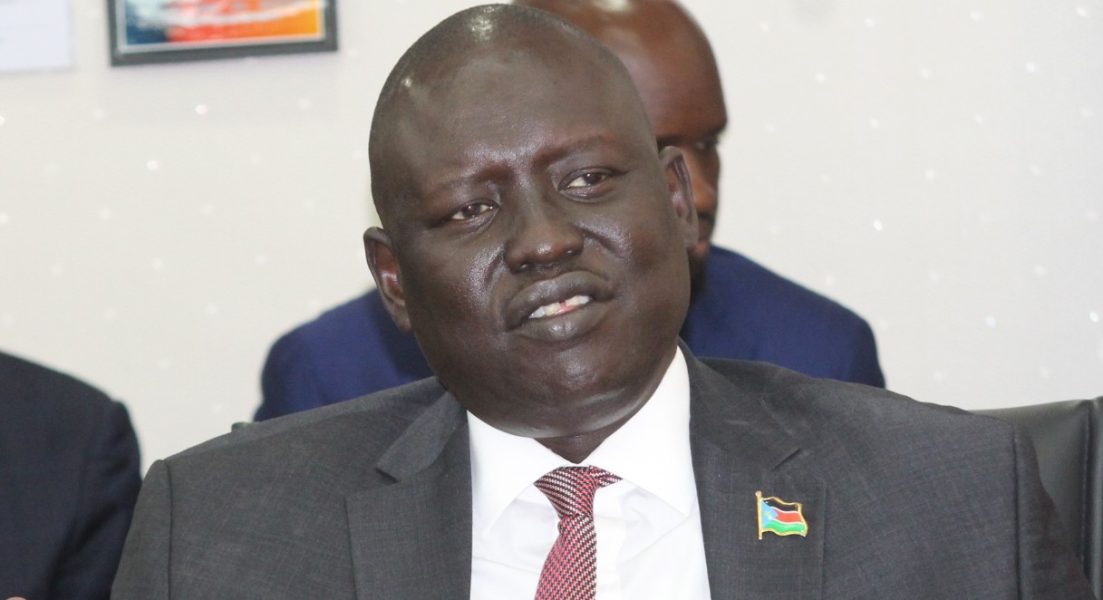
After facing fierce opposition from Central Equatoria State, South Sudan Revenue Authority (SSRA) has temporarily suspended the planned door-to-door taxpayer registration and zoning exercise in Juba City.
In a statement on Thursday, SSRA said the decision follows extensive feedback and concerns raised by various stakeholders during the initial stages of implementation.
“As a public institution committed to upholding the principles of transparency, accountability, and inclusiveness, SSRA recognizes the importance of meaningful engagement with all relevant actors in the country’s tax ecosystem, a statement seen by this outlet stated.
The revenue collecting institution said the suspension aims to provide room for broader consultations with business leaders, local government, civil society organizations and development partners.
“This will ensure that the exercise is clearly understood, widely supported and closely align with national priorities and the expectations of taxpayers,” it stated.
The dispute over tax collection in the city erupted after SSRA announced its intention to divide Juba into ten operational zones for a door-to-door taxpayer registration drive.
The zoning, according to revenue authority, is meant to broaden the tax base by registering all businesses, service providers, and self-employed individuals.
However, CES government decried the move as a ‘unilateral decision’ that encroaches upon its constitutional mandates.
During a weekly Council of Ministers meeting on Thursday, chaired by Governor Rabi Mujung Emannuel, the state challenges the national revenue body’s authority citing constitutional overreach.
Speaking to reporters, Jacob Aligo Lo-Lado, Acting Minister of Information and Communication, emphasized that there is need for prior consultations involving SSRA, State government, and Juba City Council before such a policy is implemented.
“Such actions violate Article 49 of the Transitional Constitution of South Sudan (2011), as amended, which calls for the respect of intergovernmental linkages,” Aligo said.
Article 49 of the constitution stipulates that all levels of government shall ‘respect the constitutional status and institutional integrity of other levels of government and cooperate in the task of governing.’
The CES cabinet insists that the SSRA’s failure to consult with the state government and the Juba City Council is a direct contravention of this principle.
This standoff is not just a procedural row; it indicates a struggle for resources and authority in the country as South Sudan continues to grapple with severe economic crisis.
With oil revenues reducing due to production disruptions, the non-oil sector has become a critical focus for revenue generation, intensifying competition over who controls the collection of funds.
The national revenue collecting body maintains that it is acting within its legal mandate to assess, collect, and account for all public revenue.
Though current laws partially address tax administration, issues like double taxation continue to burden taxpayers and the public.
The SSRA said it is looking forward to the National Legislature enacting the National Tax Procedure Act, which will clearly define the various taxes collected at the national, state, and local levels.

